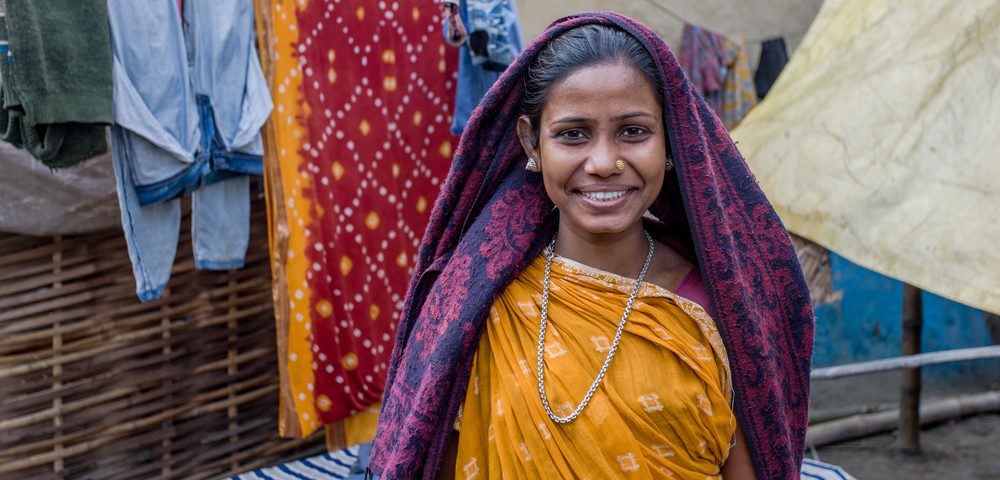Guided Therapeutics recently shipped four additional LuViva Advanced Cervical Scan systems to Bangladesh for the country’s cervical cancer screening program. Bangladesh will now receive a total of 12 LuVivas and more than 1,000 disposable Cervical Guides.
Worldwide, there are around 2.6 billion women 15 and older who are at risk of developing cervical cancer. Bangladeshis are particularly affected by cervical cancer – it is the No. 1 cancer among women, and the screening-age population is estimated to be 38 million.
The company developed LuViva as a noninvasive device to detect cervical disease instantly, at the point of screening. In a multi-center clinical trial with women at risk, the technology could effectively detect cervical cancer up to two years earlier than conventional technologies, according to a press release.
LuViva does not require lab analysis or a tissue sample, unlike Pap or biopsies, as it is designed to provide results immediately. The technology is intended for use with women who have undergone initial screening and are then called back for a follow-up with colposcopy examination. In many cases, colposcopy involves taking a biopsy of the cervix.
LuViva uses a technique called biophotonics, which means it scans the cervix with light and uses spectroscopy to measure how light is interacting with the cervical tissue. Spectroscopy identifies chemical and structural indicators of precancerous tissue that might be hidden below the surface of the cervix or that might be misdiagnosed as benign.
Clinical studies in Turkey and Nigeria have used LuViva to screen women for cervical cancer where the availability of the necessary infrastructure for Pap and HPV (Human Papiloma Virus) testing is limited. LuViva is used in combination with the single-use LuViva Cervical Guide, a patient interface and calibration device.
The global market for cervical cancer screening and diagnosis – as currently practiced using cytology (Pap test) as primary screening – is estimated at $6 billion, and projections estimate the number to grow to $9 billion by 2020.
“With this shipment, we will have 12 LuVivas in Bangladesh which will be installed over the coming weeks as part of the country’s cervical cancer screening program,” said Guided Therapeutics CEO Gene Cartwright in a press statement. “Over the coming quarters, we expect to see increasing revenue from the sale of single-use disposables as the LuVivas are brought on line.”

